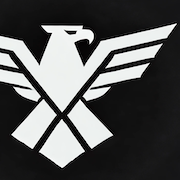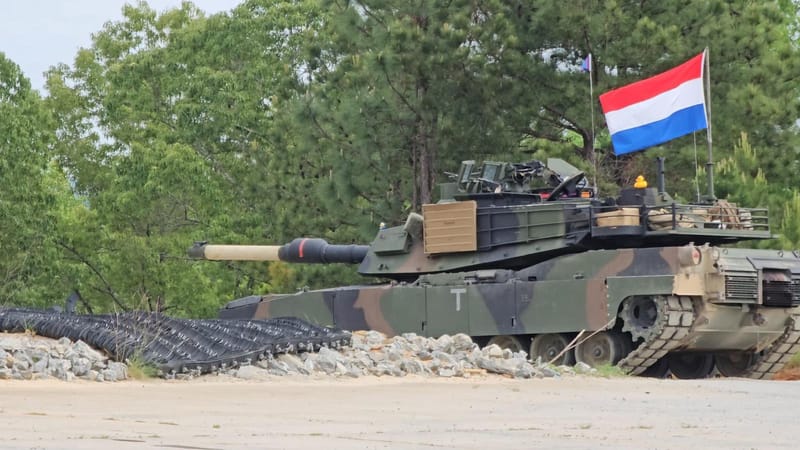D-LBO: KNDS and Rheinmetall Digitize German Command-and-Control Systems for €2bn
The contract awards all necessary tasks to integrate next-generation digital radio and command systems across numerous vehicle types to ArGe D-LBO, ensuring unified management and execution of the overall project.
The German Federal Office of Bundeswehr Equipment, Information Technology, and In-Service Support (BAAINBw) has awarded a sizeable contract to the ArGe D-LBO (Arbeitsgemeinschaft Digitalisierung Landbasierte Operationen), a consortium led by KNDS Deutschland and Rheinmetall. Under this six-year, €1.98 billion (gross) program—half of which goes to KNDS Deutschland—Germany’s land forces will see a full modernization of vehicle-based command-and-control (C2) systems.
D-LBO Core Scope and Objectives
This comprehensive initiative, known as “Digitalisierung Landbasierte Operationen” (D-LBO), is among the German Army’s most critical modernization projects in the realm of digital communications. It involves:
- Replacing Legacy Radios
Outdated analog radios will be swapped out for the new D-LBO Führungsfunkgerät, enabling seamless digital voice and data transmission among multiple platforms. - Upgrading Software and IT Infrastructure
A new, integrated system of communications end devices, computers, software, and IT services will ensure real-time information sharing between vehicles, soldiers, and sensors. - Enhancing Interoperability
By introducing robust, modernized digital links, the Bundeswehr aims to improve situational awareness, strengthen joint operations with NATO allies, and future-proof its land-based operations.
For further context on Germany’s drive to modernize land forces through similar initiatives, you can read our in-depth coverage here:
Digitalizing Land Forces: Key Developments in the Bundeswehr’s D-LBO Initiative

ArGe D-LBO: Contract Overview and Responsibilities
The newly signed agreement tasks ArGe D-LBO with all responsibilities for integrating advanced digital radio and leadership systems across various vehicle classes. The work plan includes:
- Musterintegration (Prototype Phases)
The consortium will handle complex prototype integrations on select vehicle platforms, validating the technology and refining processes before full-scale rollout. - Serial Integration
Scheduled to start in mid-2025, the mass installation phase will update approximately 10,000 combat and support vehicles with state-of-the-art communications hardware and C2 software suites. - Program Timeline
Completion is slated for end of 2030, at which point the Bundeswehr’s digitized vehicle fleet should be fully operational.
Significance for the Bundeswehr
- Real-Time Data Exchange: Troops will gain the ability to coordinate rapidly, share tactical data, and integrate sensor feeds—dramatically improving decision-making speed and accuracy on the battlefield.
- Operational Readiness: With modern digital links, the Bundeswehr will be better equipped to handle evolving threats and function seamlessly alongside allied forces.
- NATO and Coalition Interoperability: As European defense cooperation deepens, standardized, interoperable systems across allies have become a strategic imperative—one this contract directly addresses.
Outlook
By investing heavily in a new wave of battlefield digitization, the German Ministry of Defense is making a clear statement about the future of its land forces. Once fully implemented, the D-LBO initiative will position the Bundeswehr as a capable partner within NATO frameworks, aligning with Germany’s broader defense modernization efforts and heightening the army’s combat effectiveness well into the next decade.
For more on German defense modernization trends, see our related analyses at grosswald.org. All external quotations and references are used under fair-use guidelines for news and commentary.






